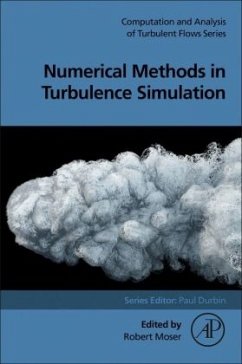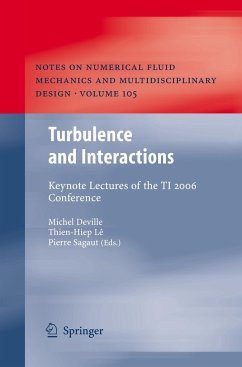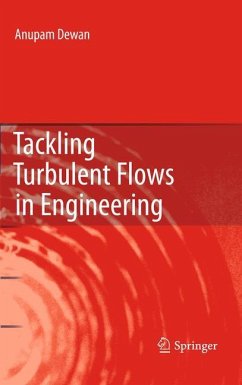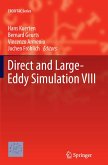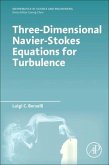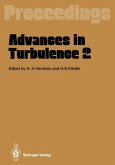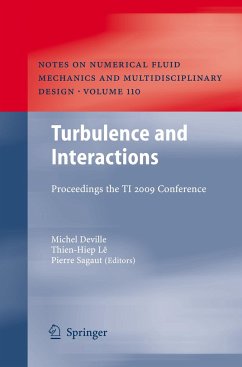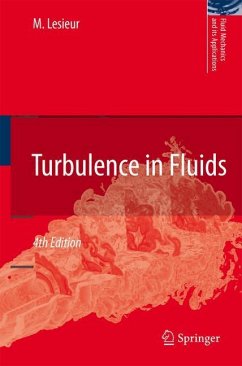Numerical Methods in Turbulence Simulation provides detailed specifications of the numerical methods needed to solve important problems in turbulence simulation. Numerical simulation of turbulent fluid flows is challenging because of the range of space and time scales that must be represented. This book provides explanations of the numerical error and stability characteristics of numerical techniques, along with treatments of the additional numerical challenges that arise in large eddy simulations. Chapters are written as tutorials by experts in the field, covering specific both contexts and applications. Three classes of turbulent flow are addressed, including incompressible, compressible and reactive, with a wide range of the best numerical practices covered.
A thorough introduction to the numerical methods is provided for those without a background in turbulence, as is everything needed for a thorough understanding of the fundamental equations. The small scales that must be resolved are generally not localized around some distinct small-scale feature, but instead are distributed throughout a volume. These characteristics put particular strain on the numerical methods used to simulate turbulent flows.
A thorough introduction to the numerical methods is provided for those without a background in turbulence, as is everything needed for a thorough understanding of the fundamental equations. The small scales that must be resolved are generally not localized around some distinct small-scale feature, but instead are distributed throughout a volume. These characteristics put particular strain on the numerical methods used to simulate turbulent flows.

